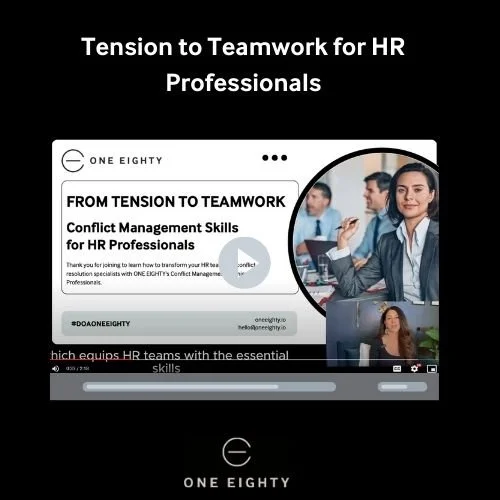Achieving alignment in any team or organization is crucial for driving forward momentum and achieving common goals.
However, the path to alignment is often fraught with challenges, from differing perspectives and interests to communication barriers and resistance to change.
In this article, we explore effective strategies to overcome these challenges, fostering a collaborative environment that enables teams to move forward together.
Read MoreAs the summer winds down and the hustle of daily life resumes, August presents a unique opportunity for introspection and realignment. This month, we’re focusing on the theme of “August Alignment,” a practice of ensuring that our actions are in harmony with our core values and long-term aspirations, even as the demands of reality beckon us in multiple directions.
Read MoreTrust is the cornerstone of all successful relationships, both personal and professional.
In a business context, trust within a team can lead to increased innovation, better conflict resolution, and more effective communication. Similarly, accountability involves holding oneself and others responsible for meeting adhering to the company's behavioral and values-based standards. Together, these elements can create a supportive environment, especially when modeled at the highest levels of leadership.
Read MoreEffective conflict resolution can transform challenges into opportunities for team development and enhanced interpersonal understanding.
Leaders and managers: how adept are you at navigating conflict? Research shows that those with sharpened skills are better able to contribute to a positive company and team culture.
If you’re looking to improve your conflict management skills, start with the following practices.
Read MoreLeaders who are adept at thinking on their feet, communicating visionary solutions, and instilling a sense of confidence and direction in their teams have a greater likelihood of creating environments of high-performance and harmony - and can step up and out of the business to ensure they can rest, recharge, and show up fully for those who depend on them.
How do the best leaders cultivate a sense of independence and trust across their teams?
Read More


















